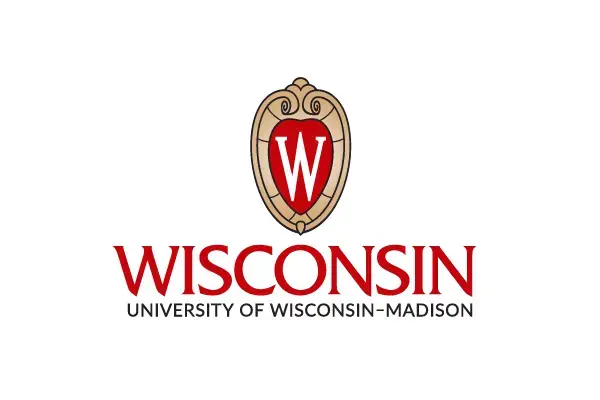The University of Wisconsin–Madison is home to one of the oldest journalism and mass communication programs in the United States. Since 1904, we've provided real-world preparation through a curriculum that is a near-equal mix of practical training and enrichment courses. This unique approach produces students who are soundly trained in fundamentals and are critical thinkers, problem solvers and innovators.
Anticipating rapid and dramatic changes in the technologies of mass communication, we created one of the nation's first "converged curriculums," featuring strong training in a common skill set across journalism and strategic communication, and a "digital-first" philosophy. In addition, we maintain strong collaborations with PBS Wisconsin and the Wisconsin Center for Investigative Journalism.
The School is also home to the Center for Journalism Ethics. The Center's mission is to encourage the highest standards in journalism ethics worldwide by fostering vigorous debate about ethical practices in journalism and providing a resource for producers, consumers and students of journalism. Our approach to journalism ethics is practical and interdisciplinary. We strive to draw on insights not only from the field of mass communication, but from other disciplines ranging from the natural and social sciences to philosophy and history.
In fulfillment of the Center's mission, each spring we hold an annual conference on an ethics topic of current importance and a ceremony to recognize the recipients of our annual ethics award, the Anthony Shadid Award for Journalism Ethics. Named after Anthony Shadid, a UW alum and Pulitzer Prize-winning international correspondent who died in 2012 while reporting for The New York Times, this award recognizes the difficult, behind-the-scenes decisions journalists make in pursuing high-impact stories and in fulfilling their ethical obligations to sources, to people caught up in news events, and to the public at large.
Graduate and undergraduate students in the School are also provided opportunities to deepen their understanding and exploration of journalism ethics through service as semester-long fellows with the Center.
School of Journalism and Mass Communication
Institute for Regional and International Studies



